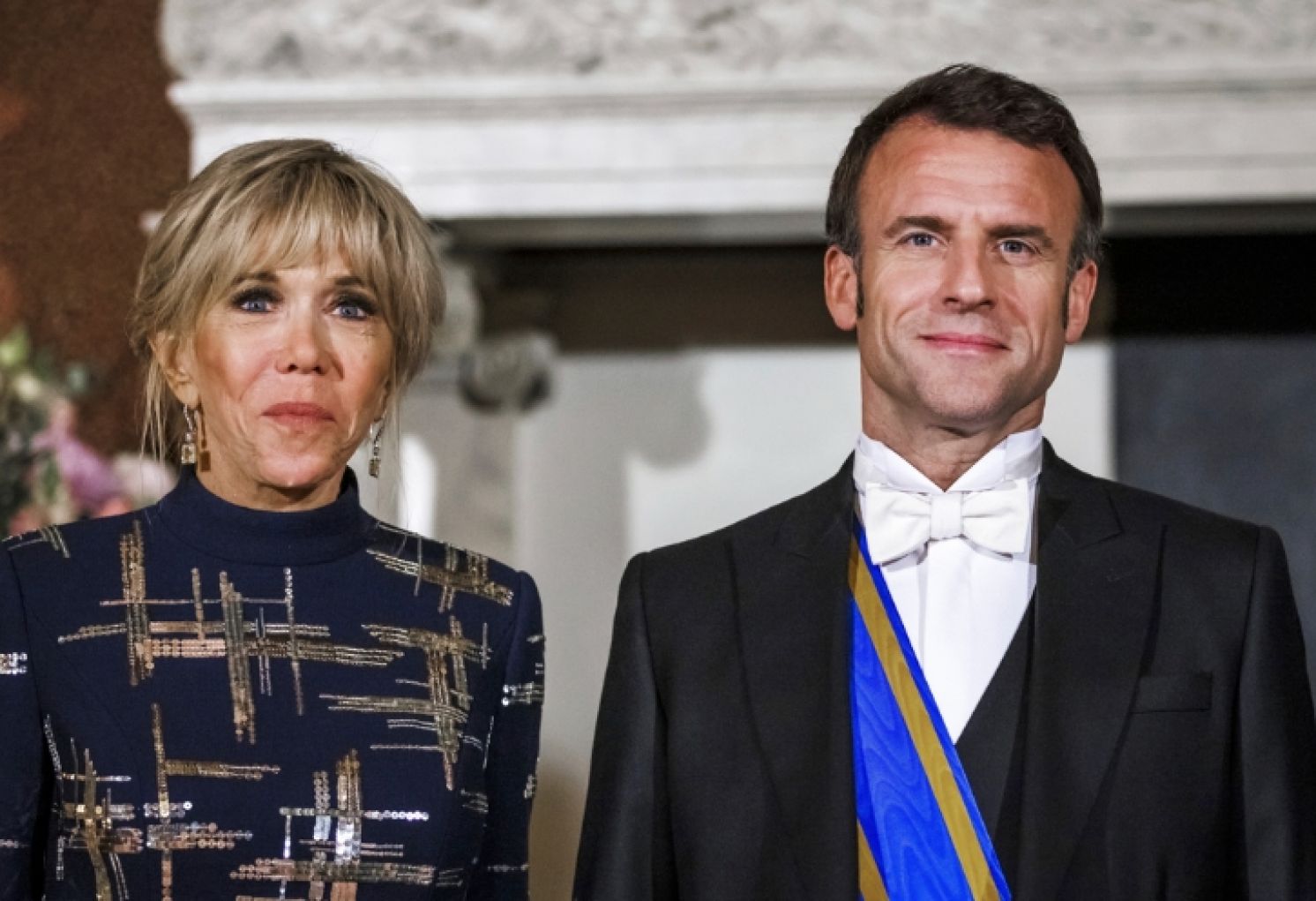
This Week in Taiwan 0409-0415
April 10: The People's Liberation Army (PLA) concluded its combat readiness patrol and "United Sharp Sword" military exercises. The Ministry of National Defense (MND) stated that the PLA mobilized a total of 232 sorties to operate around the Taiwan Strait in three days, of which 134 sorties crossed the median line of the Taiwan Strait and entered Taiwan's southwest and southeast airspace. Among them, 91 sorties of fighter planes were detected by Taiwan on April 9; 54 sorties, including the J-15 fighter planes carried by the aircraft carrier Shandong, crossed the median line of the Taiwan Strait and entered Taiwan's southwest and southeast airspace. Both figures broke single-day records previously released by the MND.
April 10: The Taiwan Semiconductor Manufacturing Company (TSMC) announced its consolidated revenue in the first quarter was NT$508.6 billion (about US$16.6 billion), a quarterly decrease of 18.7 percent, which barely met the "low" estimate in the company's financial forecast. The revenue in March was NT$145.4 billion (about US$4.7 billion), representing a monthly decrease of 10.9 percent, a 17-month low. The wave of semiconductor inventory revisions and the intertwined impact of geopolitics have caused TSMC to encounter an unprecedented tough business environment.
TSMC's supply chain also revealed that TSMC decided to postpone for one year the mechanical and electrical project tender originally scheduled to open in January. TSMC also canceled the purchase of 28-nanometer machines for the Kaohsiung plant, attracting attention. TSMC will hold a conference for institutional investors on April 20.
April 10: In 2019, CtiTV broadcast a news report about a phenomenon in the sky. The National Communications Commission (NCC) determined that the content had not been verified and fined the company NT$400,000 (about US$13,100). CtiTV refused to accept it and filed an administrative lawsuit. The Taipei High Administrative Court found that the NCC only cited the opinion of a few members in a consultation meeting and ignored the opinion of the majority of members, finding that the news report did not breach regulations. For these reasons, the court overturned the NCC's administrative decision. CtiTV stated that the NCC has lost nine times in court, supporting the view that the NCC's handling in 2020 of the closure of the CtiTV lacks legitimacy and reason. CtiTV will continue to seek redress through judicial means.
April 11: The International Monetary Fund (IMF) released its latest World Economic Outlook report forecast. It greatly revised down Taiwan's economic growth estimate this year to 2.1 percent. While still above 2 percent, the figure is down 0.7 percentage points from the estimate last time.
April 12: China announced a trade barrier investigation into Taiwan's trade restrictions on the mainland. The mainland’s Ministry of Commerce stated that investigation of 2,455 products involved should be completed before October 12. Under special circumstances, it can be extended to January 12 next year, a day before Taiwan's presidential election. The Taiwan Affairs Office of the mainland's State Council explained the reason for investigation: The Taiwan authorities have long adopted unilateral restrictive measures on the export of more than 2,400 products from the mainland to Taiwan. Taiwanese business people are worried that after the investigation, the mainland is likely to impose countermeasures or sanctions on Taiwan, which means that the era of policies favoring Taiwan based upon the Cross-Strait Economic Cooperation Framework Agreement (ECFA) may end.
April 12: The Democratic Progressive Party (DPP) nominated Vice President Lai Ching-te, the party's chairman, as its 2024 presidential candidate. Mr. Lai stated that 2024 is not a choice between war and peace but a choice between democracy and autocracy. On cross-strait relations, Taiwan is already a sovereign and independent country, and there is no need to declare independence again. According to Mr. Lai, Taiwan has no issue of unification versus independence, and democracy is the key. He will promote democratic unity, governance, and equality, carry out a national project of hope, so as to achieve democracy, peace, and prosperity.
April 13: According to reports, mainland China had planned to draw a no-fly zone at 85 miles north of Taiwan from April 16 to April 18. The Ministry of National Defense stated that the scope of these measures will overlap and interfere with Taiwan's air defense identification zone (ADIZ) and interfere with the flight information region (FIR) in northern Taiwan. According to the Ministry of Transportation and Communications, the implementation of such measures were shortened to 27 minutes after Taiwan's protest. The mainland's Fujian Maritime Safety Administration officially issued a navigation warning on April 13, stating that during satellite launch operations, rocket wreckage may fall in some waters of the East China Sea from 9 AM to 3 PM on April 16, and ships will be prohibited from entering the area for six hours.
April 13: President Emmanuel Macron of France ended his three-day visit to mainland China on April 9 and was interviewed on his flight back home. According to content published by Politico, Mr. Macron stated that Europe has no intention of intervening in the rising tensions surrounding Taiwan. Europe must reduce its dependence on the United States to avoid involvement in a conflict between the United States and China over Taiwan and seek "strategic autonomy." The comments were widely criticized. During his visit to the Netherlands on April 12, Mr. Macron stated that France's position on Taiwan has not changed. It supports maintaining the status quo on Taiwan and emphasized that being an ally of the United States does not mean becoming a "vassal."